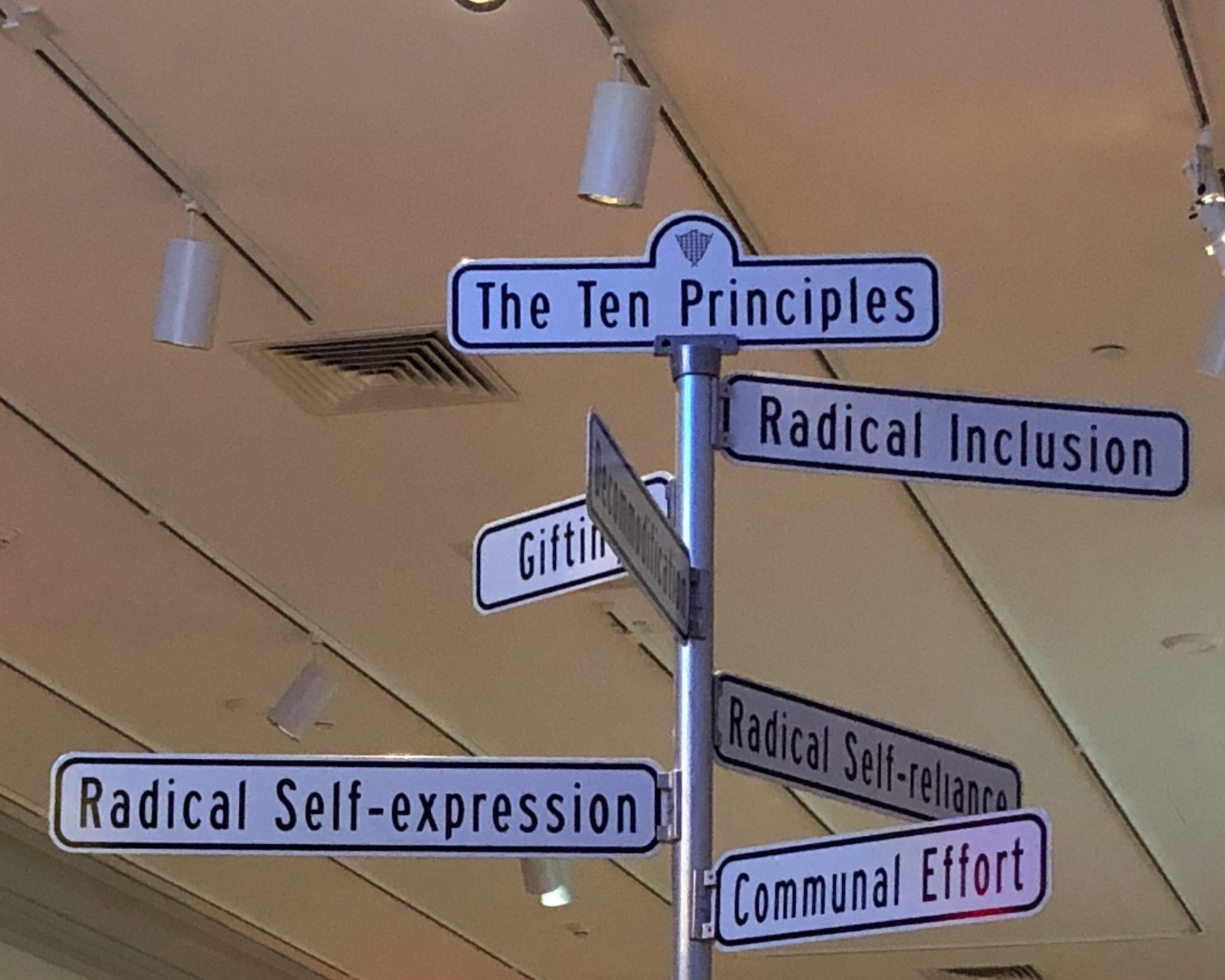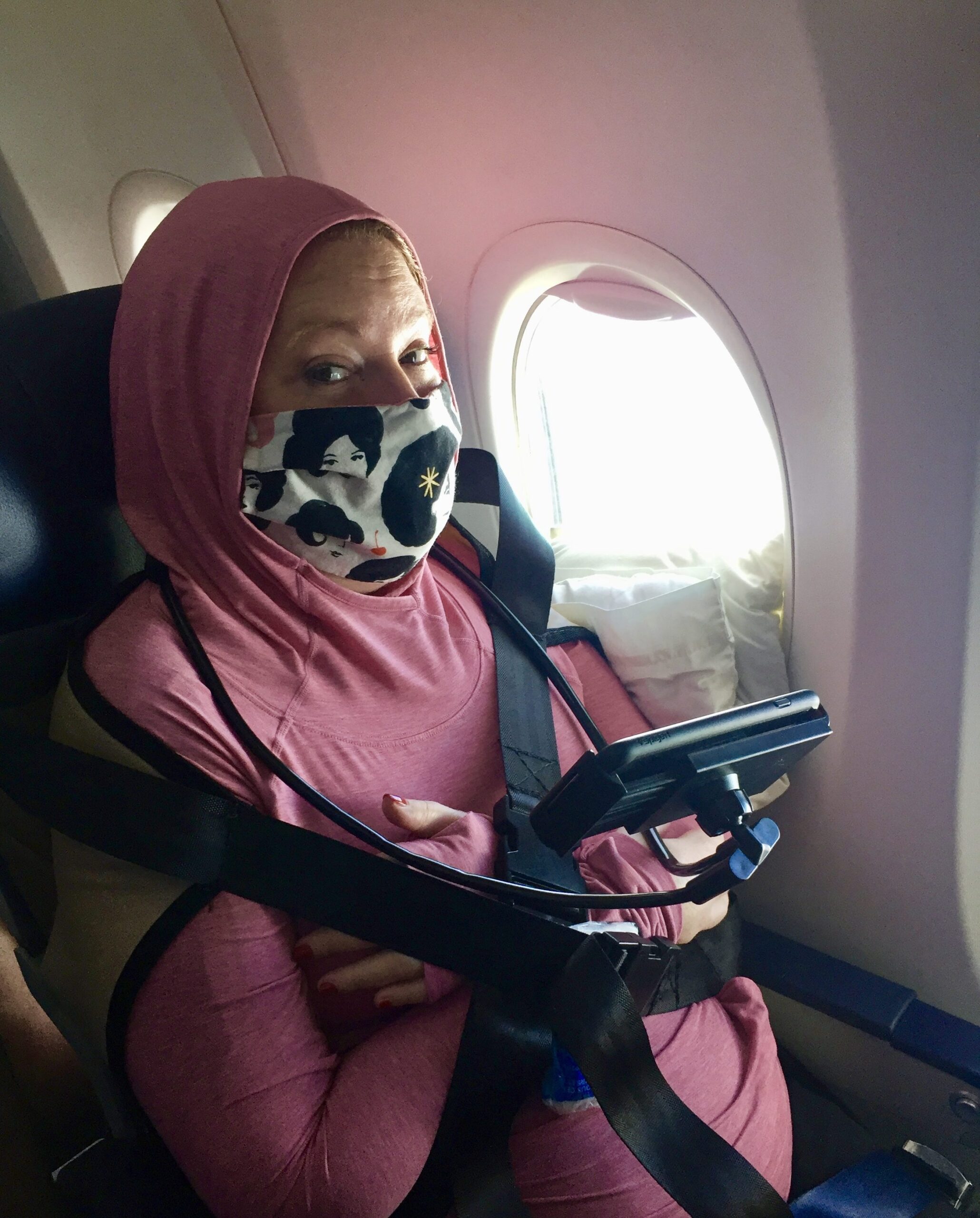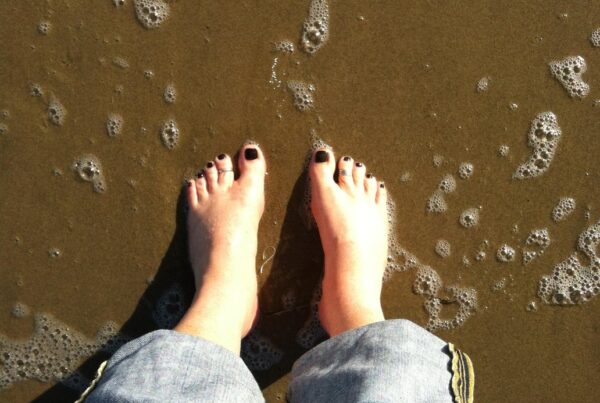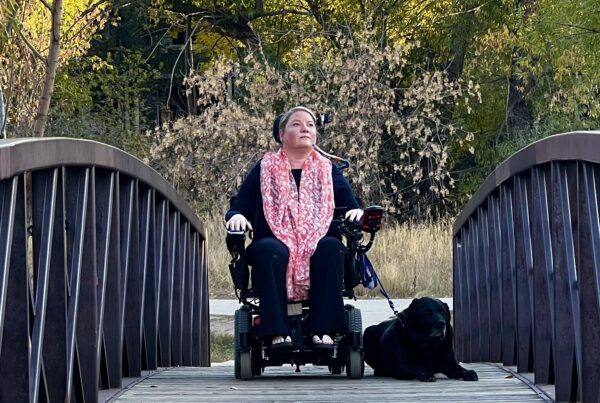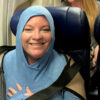“Do these things still work!?” says my new orthopedic shoulder doctor, laughing, as he reaches out to my paralyzed right hand sitting on my wheelchair arm pad as if I was able to reach out and shake his hand back. Chuckling to himself and to his sidekick intern sitting next to him, he believes his completely inappropriate comments are funny and appreciated by all in the room. Little does he know how relegating he sounds, especially to me, as a doctor of physical therapy — spinal cord injury or not. As I sit in my power wheelchair looking up at him in disbelief of his laissez-fair attitude and marginalizing behavior, I state the obvious that in fact my arm and hand “no longer work” due to my spinal cord injury and resultant quadriplegia. Instead of providing a compassionate and appropriate response, my doctor pats me reassuringly on the top of my hand, similar to that of a baby being patted on the butt. He spends all of three minutes with me, assesses my shoulder by pulling my extremely painful arm at the wrist – like pulling on the strings of a marionette — and provides his recommendation…the infamous cortisone injection.
Being the smart physical therapist that I still am, I quickly shake my head no and assertively state the need for further imaging so as to properly assess the problem rather than agreeing to the very typical orthopedic Band-Aid of injections. Shrugging his shoulders and smirking as if we had just decided I wanted french fries instead of onion rings in the Burger King drive-through window, our meeting ends…just like that. I roll out of the office with my caregiver in disbelief of the interaction that has just taken place. Does he actually realize I’m a real person? Does he realize making fun of my inability to use my arms and hands is heart-wrenching and infuriating? Unfortunately, I highly doubt it.
Fast-forward to this past Friday night when my friend Bridget and I are directly in front of a beer vendor at the Dave Matthews Band concert at Fiddler’s Green Amphitheatre in Denver, Colorado. Standing to my left and me to her right, we put our order into the man behind the counter: “two cold beers please.” As the man behind the counter looks at my friend Bridget, dismissing my presence, he asks her, “Is she over 21?” As Bridget laughs and looks down at me sitting right in front of the man, I immediately declare that I can, in fact, speak for myself, and I am over 21; in fact, I am 40. The man barely glances in my direction and pours us our two beers. We roll away and once again I wonder if individuals in the public eye have any recognition of how they treat others and especially those in compromising situations, disabilities or handicaps.
It is a constant and sensitive topic on how people in wheelchairs are oftentimes spoken to as if they are childlike or nonexistent. Being in a chair certainly does not qualify someone as unable to speak up for themselves, identify which beer they would like from a beer vendor at a concert or whether they are treated respectfully in a medical office visit. I wonder if there is a level of discomfort or nervousness addressing someone to their face rather than addressing them as someone in a chair. Either way, it is interactions like these in my personal world that propagate educating others, those reading my blogs and those I converse with about the importance of treating people as who they are. Not what wheelchair they are in or what different walking pattern one uses due to cerebral palsy or a speech impediment or stuttering pattern. It is not staring at someone in an airport or, even worse, trying to ignore someone because of nervousness of how to address someone that looks different than them. The answer is simple. The answer is clear. And that answer is to always address those by direct communication and recognition of them as a human being before recognizing their disability or differences. We are all in this world together, we are all on the same team and we should treat each other with due respect as we all deserve, no matter what the situation may be.


